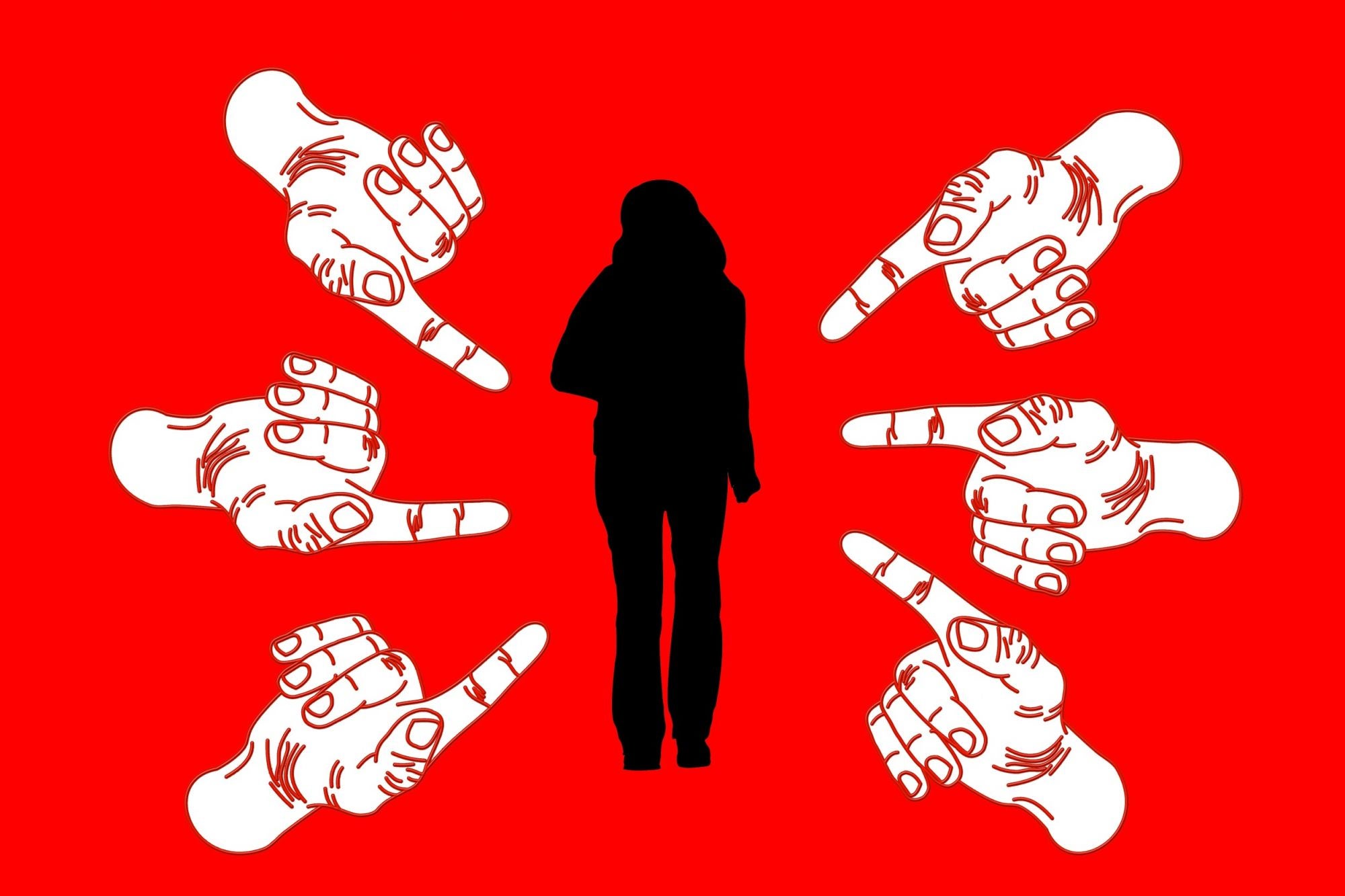Tracing the Impact of Women Bullies At Workplace 'Queen Bee' mischief manifests in ways that can have lasting impact on individual careers and entire organizations, says expert
By Nidhi Singh
Opinions expressed by Entrepreneur contributors are their own.
You're reading Entrepreneur Asia Pacific, an international franchise of Entrepreneur Media.

It has been extensively reported that men bully women at the workplace. But now, a new study says women too are mean to their female colleagues.
A study published in the journal Development and Learning in Organizations, suggests that 70 per cent of female executives feel they have been bullied by a female boss in their office and, as a result, it has underdeveloped their professional growth.
It also found that 33 per cent of the 100 UK executives surveyed had experienced a female colleague on the same level or below being unhelpful, holding them back or undermining them.
Queen Bees In The Workplace
The study which was conducted by Cecilia Harvey, a London-based consultant and founder of global showcase platform Tech Women Today, looked at the implications of the "Queen Bee" syndrome in the workplace, its impact on women at work and the perception of women at work.
It found that the Queen Bee syndrome can have a negative impact on organizational performance and bottom-line results as well as individuals.
"Queen Bees are adult versions of the mean girls from school—but now they have grown up and are more calculating. These socially aggressive behaviours include gossiping, social exclusion, social isolation, social alienation, talking about someone, and stealing friends or romantic partners," Harvey says.
When Women Are the Enemy
In a business environment, a "queen bee" often see other, usually younger, women as competitors and refuse to help them advance within a company, preferring to mentor a male over a female employee. Some such "queen bees" may actively take steps to hinder another woman's advancement as they are seen as direct competitors.
Harvey believes Queen Bee mischief manifests in ways that can have lasting negative effects on individual careers and entire organizations.
They often lack the sponsorship or support necessary to get promoted owing to their negative behaviour. Poor leadership impacts organizational performance and profitability, Harvey mentions.
It's not only this study that states that queen bees are holding women back in the workplace. Another study conducted by the scientists of the University of Toronto in March claims that the queen bee syndrome may be the reason that women find it more stressful to work for women managers; no difference was found in stress levels for male workers.
But, successful women leaders like Sheryl Sandberg believe that women aren't any meaner to women than men are to one another.
"Women aren't any meaner to women than men are to one another. Women are just expected to be nicer. We stereotype men as aggressive and women as kind. When women violate these stereotypes, we judge them harshly," the Facebook COO wrote in The New York Times in 2016.











